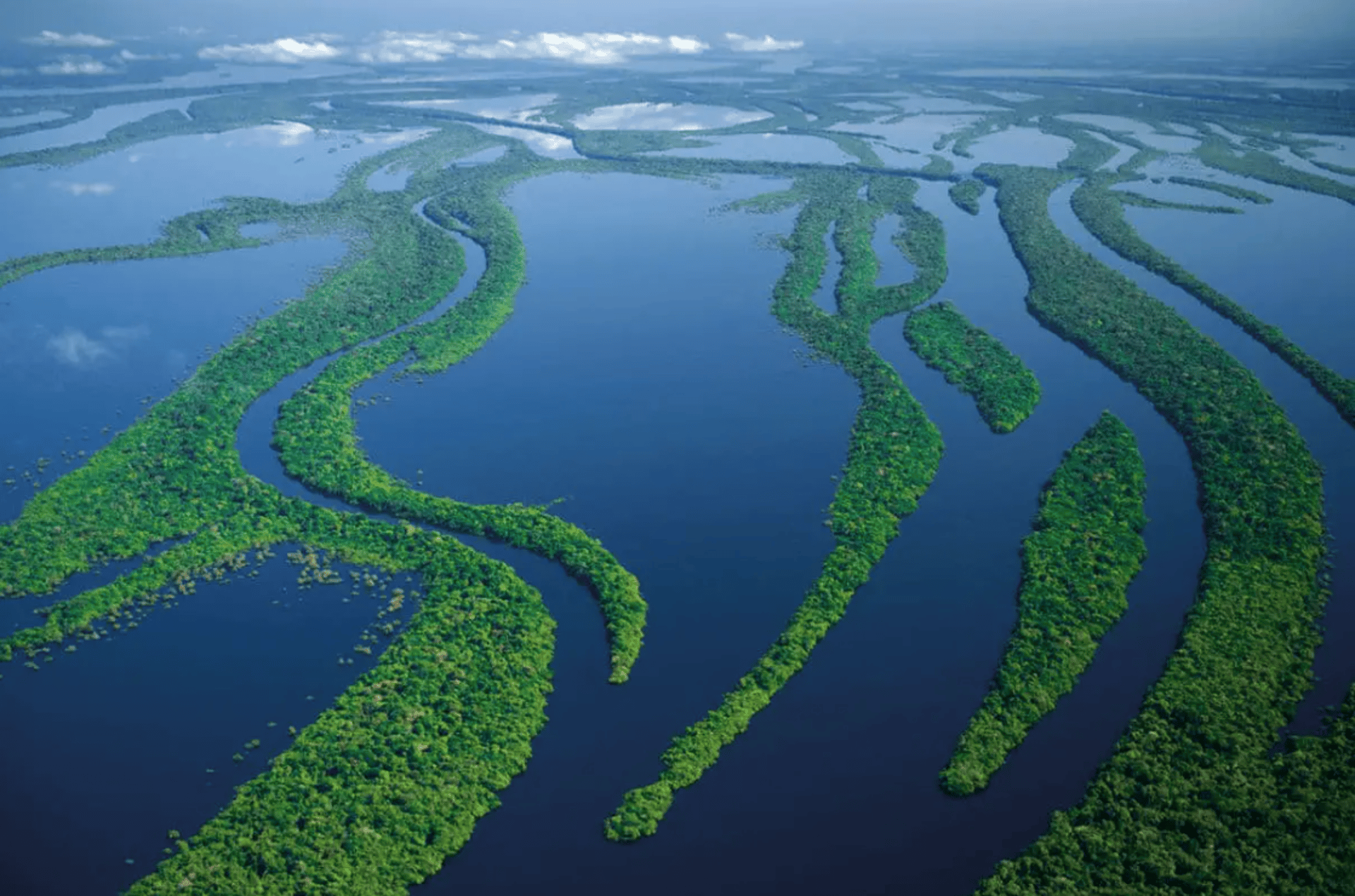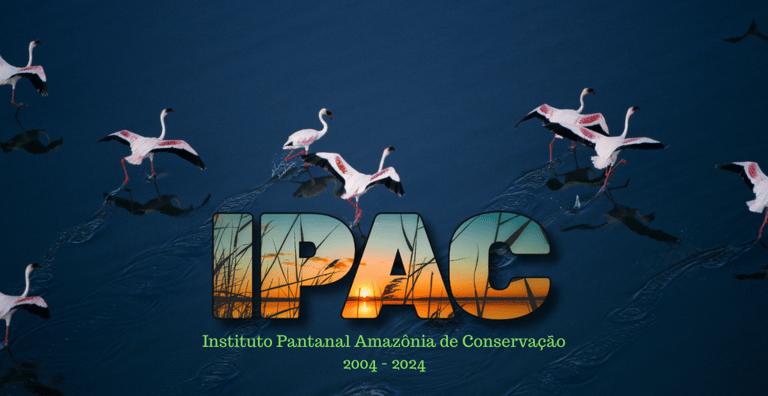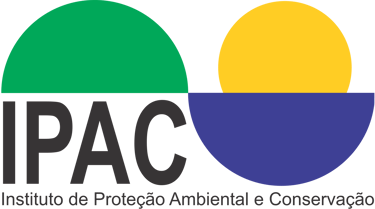TANGARÁ DA SERRA-MT . BRASIL 55 65 99987-8717 IPactangara@GMAIL.COM

FAQ
Taking questions
This section is an area dedicated to answering the most frequently asked questions that visitors may have regarding IPAC's work.
What is a Non-Governmental Organization?
Non-Governmental Organizations, also known as Civil Society Organizations, are private, non-profit entities that are independent of the government and operate in various areas of knowledge and social intervention. Motivated by a commitment to social, environmental, cultural or economic well-being, thus play a crucial role in building a more just, sustainable and democratic society.
What are the essential characteristics of Non-Governmental Organizations?
Since they are not government agencies and do not seek financial profit, their resources come from donations, partnerships, service provision and other fundraising activities. They are dedicated to causes of public interest, such as: the defense of human rights, environmental protection, the promotion of education, health, culture, social and economic development, among other areas. In short, organizations of this nature develop innovative solutions to complex social problems, testing new approaches and technologies that contribute to the improvement of public policies. Therefore, they are important for the construction of a more just and sustainable society.
What is IPAC and what work does it do?
The Institute for Environmental Preservation and Conservation (IPAC) is a non-profit organization dedicated to environmental protection, preservation and recovery. Founded in 2004, IPAC's mission is to develop actions aimed at protecting the environment, promoting culture, environmental education and encouraging volunteering.
What is your most recent project and its importance to society?
IPAC is currently developing the "Cultivating Good Water in Tangará" Project, which aims to revitalize the springs and preservation areas of the Queima Pé and Ararão rivers, which are essential for the city of Tangará da Serra, and to ensure a future with water security for the population of this municipality. Environmental education activities are also being developed, with the participation of students from public and private schools.
The Cultivating Good Water in Tangará project is an example of how the joint efforts of non-governmental organizations, the government and civil society can generate positive results for the environment and the community.
If you have any questions, want to know more about IPAC or make a suggestion, please use our contact form, write your message and we will be happy to respond.

Institute for environmental preservation and conservation
We defend environmental and cultural preservation.
CONTACT
contato@ipac.org.br
55 65 99987-8717




